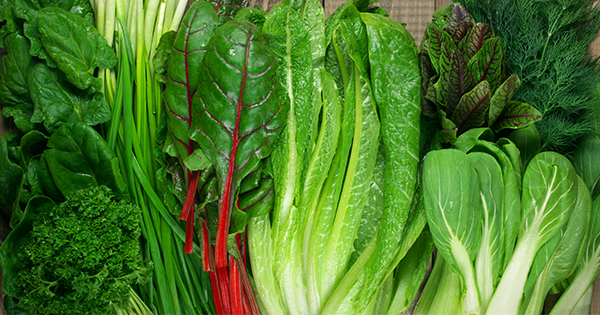4. Coconut Oil

A healthy medium-chain fatty acid that your brain just loves! Glucose is the brain’s primary fuel source. AD, however, affects the brain’s ability to use glucose.
Your body creates ketones as it burns fat for energy. It’s your brain’s second favorite food. By virtue of its chemical make-up, ingestion of coconut oil facilitates ketone production.
The brain can then immediately use the energy provided by ketones, immediately improving cognitive function and memory—within ninety minutes, in one study. (10)
5. Fatty Fish

Sardines, wild salmon, halibut, mackerel, and tuna are rich in omega-3 fatty acids. DHA (docosahexaenoic acid) is an omega-3 fat that’s essential for brain health, as it makes up ninety-seven percent of the brain’s fat.
One of the consequences of neurodegenerative diseases like AD is the brain’s increasing difficulty in maintaining adequate fat content.
Replenishing its stores with wild fish helps to reduce the rate of cognitive decline, improve memory, and promote neuronal health. DHA also reduces inflammation and improves blood circulation.
6. Leafy Greens

Vegetables such as spinach, kale, mustard greens, chard, and collards are loaded with nutrition: vitamins, minerals, antioxidants, and other brain-supporting phytochemicals.
Of special note is their richness in vitamin K: “green leafy vegetables and other foods rich in vitamin K, [antioxidants] lutein and beta-carotene can help to keep the brain healthy to preserve functioning.” (11)
Cruciferous vegetables like broccoli, cauliflower, cabbage, bok choy, and Brussels sprouts are also associated with lower rates of cognitive decline. (12) Eat at least two servings a week; six or more servings a week of these vegetables are even better.

